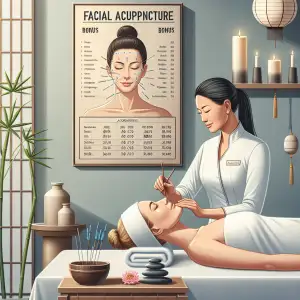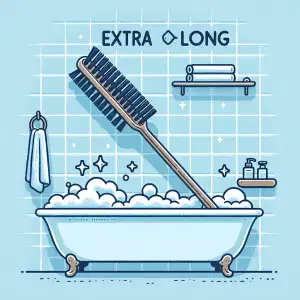Disgusting Cyst Videos You Won't Be Able To Stop Watching
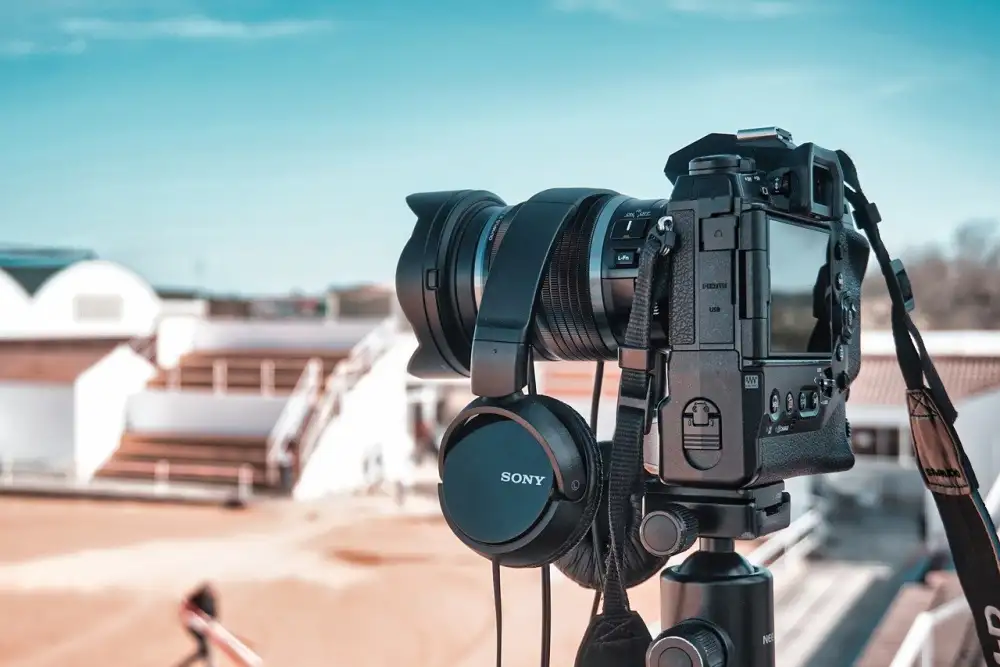
Why people watch cyst videos
The internet is a weird and wonderful place, and nowhere is that more apparent than in the world of cyst videos. Millions of people can't seem to get enough of watching pus-filled sacs being squeezed, sliced, and drained. Why? That's the million-dollar question, and the answer is surprisingly complex.
For some, it's the satisfaction factor. There's something oddly pleasing about watching something come to a head, literally. The build-up, the release, and the often-disgusting contents provide a sense of completion that's hard to find elsewhere. It's like popping bubble wrap for the digital age, only way grosser.
Then there's the curiosity factor. Our bodies are capable of some pretty strange things, and cysts are a prime example. Watching these videos allows people to explore the human body and its quirks from the comfort of their own homes. It's like a virtual anatomy lesson, albeit one with a strong stomach required.
Let's not forget the schadenfreude factor. Some people get a thrill out of watching others experience something unpleasant, even if it's just a cyst being removed. It's a bit like watching a car crash in slow motion – you know you shouldn't look, but you just can't help yourself.
But it's not all about morbid curiosity and guilty pleasures. For many, these videos offer a sense of community. Online forums and comment sections are filled with people sharing their own cyst stories, offering advice, and bonding over their shared fascination (or disgust). It's a strange club, to be sure, but a club nonetheless.
Finally, there's the educational aspect. While not everyone watches these videos for medical reasons, they can provide valuable insights into different types of cysts, treatment options, and potential complications. For someone facing a similar issue, these videos can be surprisingly informative and even empowering.
So, the next time you see a cyst video popping up on your feed, don't be so quick to judge. There's a whole lot more going on beneath the surface than meets the eye.
The science behind the appeal
The desire to watch these videos, while cringeworthy, is rooted in basic human instincts. We are biologically programmed to be disgusted by things that could potentially harm us. Think rotten food or open wounds. These things signal danger, and our natural aversion keeps us safe. Cyst videos, with their oozing contents and inflamed skin, tap into this primal fear response. However, there's a disconnect between the threat and our safety. We're observing these procedures from the comfort of our screens, knowing we're not in any actual danger. This distance allows us to experience the "disgust" without the risk, creating a sort of safe thrill.
Another factor is curiosity. We are inherently curious beings, drawn to the unknown and the unusual. Cyst videos offer a glimpse into something we don't usually see – the hidden inner workings of our bodies. This peek behind the curtain, while sometimes unsettling, can be strangely fascinating. It satisfies our desire to understand how things work, even if those things are pus-filled sacs under the skin.

The act of watching a cyst being expertly popped or removed can also trigger a sense of satisfaction. It's similar to the relief we feel after scratching an itch or finally extracting that annoying splinter. The videos provide a visual and auditory representation of a problem being solved, which can be incredibly satisfying, even if it's happening to someone else. This sense of completion, coupled with the relief that it's not happening to us, contributes to the oddly compelling nature of these videos.
Finally, let's not discount the role of social influence. In the age of viral content, we're constantly bombarded with videos and articles our friends and family share. The "ew" factor of cyst videos makes them highly shareable, often accompanied by captions like "I can't believe I'm watching this" or "Look away if you're squeamish." This social pressure, combined with the fear of missing out, can lead us down the rabbit hole of cyst-popping content, even if we initially find it repulsive.
Are there any health risks?
While these videos can be fascinating, it's crucial to remember that they don't portray the full picture. Watching cyst removal videos might lead you to believe you can handle a similar situation at home, but that's incredibly risky.
Firstly, it's impossible to diagnose a skin condition just by looking at it. What appears to be a harmless cyst in a video could be something entirely different and potentially dangerous. Secondly, attempting to remove a cyst yourself can lead to infection, scarring, and other complications. Medical professionals use sterile instruments and techniques to minimize these risks, something you can't replicate at home.
Moreover, repeatedly watching these videos can create unnecessary anxiety or even disgust towards normal bodily functions. Our bodies are not always pretty, and that's okay. Fixating on graphic content can distort your perception of what's normal and healthy.
If you have any concerns about a skin condition, don't rely on the internet for diagnosis or treatment. Consult a dermatologist or a healthcare professional. They can provide accurate information, diagnose your condition, and recommend the most appropriate course of action.
When to see a doctor
While it's understandable to be curious about cysts and their removal, it's crucial to remember that what you see online is not a substitute for professional medical advice. Watching these videos should never replace a visit to a healthcare professional if you suspect you have a cyst.
Here's when to seek medical attention:
You notice any new lump or bump on your body. This is especially important if the lump is growing rapidly, changing shape or color, or causing pain.
You experience pain, redness, swelling, or warmth around the area of a cyst. These symptoms could indicate an infection that requires prompt treatment.
A cyst ruptures or drains pus or blood. This can be painful and increase the risk of infection.
You have a cyst in a sensitive area like your face, genitals, or near your eye.
You have multiple cysts or a history of recurring cysts. This could be a sign of an underlying medical condition.
You are concerned about a cyst for any reason. It's always better to err on the side of caution and get checked by a professional.
Remember, self-diagnosing and self-treating based on internet videos can be dangerous. Cysts can sometimes mimic other more serious conditions, and attempting to remove a cyst yourself can lead to infection, scarring, and other complications. A healthcare professional can accurately diagnose the issue, determine if treatment is necessary, and provide safe and effective treatment options.
Self-treating cysts: A bad idea
Let's be honest, we've all been there. You're scrolling through your feed, and suddenly, a video pops up with a thumbnail that makes you simultaneously curious and nauseous. It's a cyst, isn't it? And someone's about to squeeze it, drain it, or worse. As tempting as it might be to watch these videos, and even more tempting to try and recreate them at home, let's be clear: self-treating cysts is a terrible idea.
First and foremost, what you see in those videos is not DIY dermatology; it's often performed by trained medical professionals in sterile environments. Trying this at home opens a Pandora's Box of potential problems. You risk infection, as the tools you use are unlikely to be sterile, and the environment you're in is far from a doctor's office. This can lead to complications far more severe than the initial cyst, potentially requiring medical attention and even leaving permanent scars.
Secondly, proper cyst treatment often involves more than just draining or removing the visible sac. Medical professionals understand the underlying causes of cysts and can recommend the appropriate course of action, which might include oral medication, topical creams, or even minor surgical procedures to prevent recurrence. Attempting to treat a cyst yourself means you miss out on these crucial aspects of proper care.
Finally, consider the emotional and mental toll self-treatment can take. Cysts can be painful and distressing, and attempting to treat them yourself can be a stressful and potentially traumatic experience. It's essential to prioritize your well-being and seek help from a healthcare professional who can provide safe, effective, and compassionate care.
So, the next time you're tempted to grab that needle or squeeze that bump, remember: self-treating cysts is never worth the risk. Leave it to the professionals and give yourself the best chance for a safe and healthy outcome.
Professional treatment options
It is important to remember that watching cyst videos, especially those involving squeezing or removal, can be fascinating for some but also dangerous. While these videos might seem satisfying, they can normalize unsafe practices. Attempting to treat a cyst at home can lead to infections, scarring, and other complications. It's crucial to seek help from healthcare professionals for proper diagnosis and treatment.
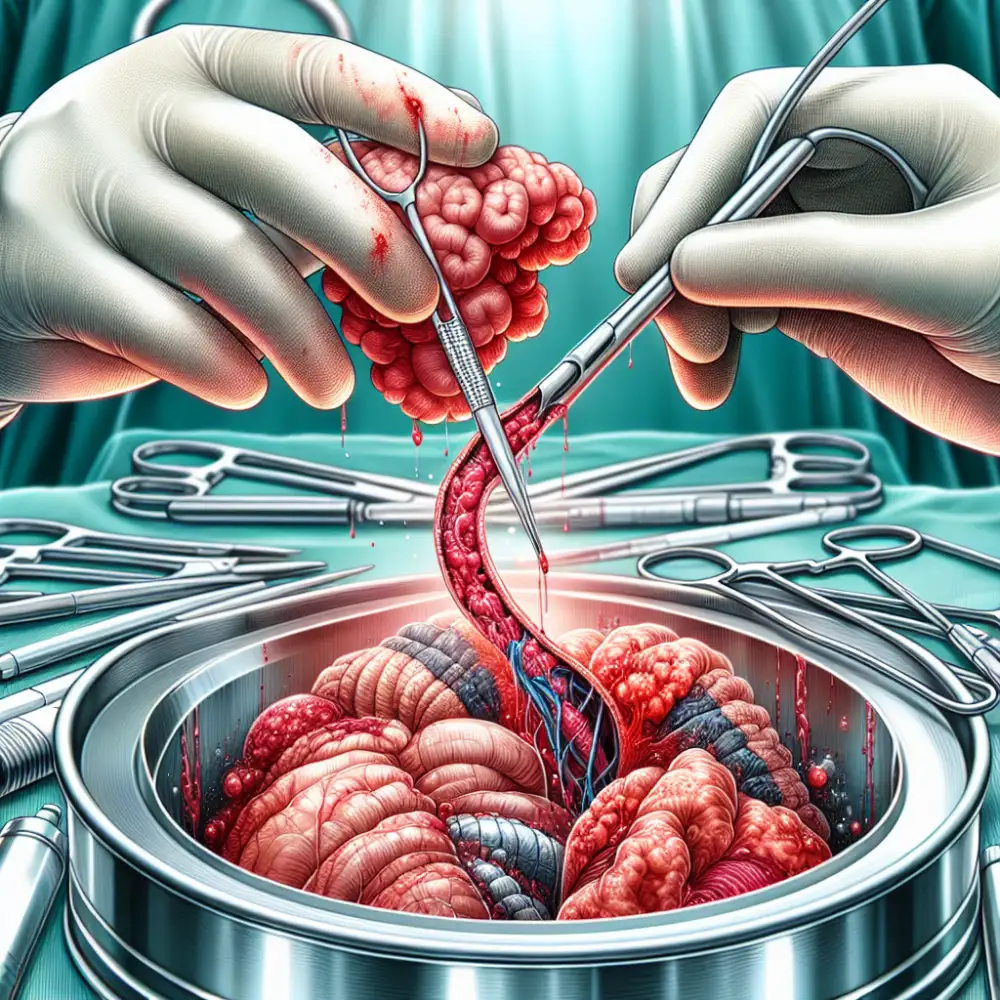

Dermatologists are trained to diagnose and treat skin conditions, including cysts. They can determine the type of cyst and recommend the best course of action. Treatment options can vary depending on the cyst's size, location, and whether it's causing pain or other problems.
Here are some common professional treatment options for cysts:
Incision and drainage: This involves numbing the area and making a small cut in the cyst to drain its contents.
Punch biopsy: A small, circular tool is used to remove a sample of the cyst for examination. This procedure can also sometimes remove the entire cyst.
Surgical removal: This is typically done for larger cysts or those that are causing discomfort. The procedure involves making an incision and carefully removing the cyst wall to prevent recurrence.
Laser treatment: Lasers can be used to treat certain types of cysts by vaporizing them or reducing their size.
Medication: In some cases, your doctor might prescribe medications, such as antibiotics or corticosteroids, to reduce inflammation or treat infection.
Remember, self-treatment of cysts is strongly discouraged. It's essential to consult a healthcare professional for safe and effective treatment options.
Preventing future cysts
It's understandable to be curious after watching those videos, but remember, they often don't show the whole picture. Let's talk about how to lower your chances of getting certain types of cysts, but always remember to talk to a doctor for real medical advice.
Keep things clean: This is a big one, especially for cysts caused by infections. Wash your hands often, keep cuts and scrapes clean, and avoid touching your face too much.
Hormones matter: Some cysts, like those pesky ones that pop up with acne, are tied to hormones. If you're dealing with a lot of these, a dermatologist might have solutions.
Don't squeeze or pick: We know it's tempting, but messing with a cyst can push stuff deeper into your skin, making things worse and potentially leading to more cysts.
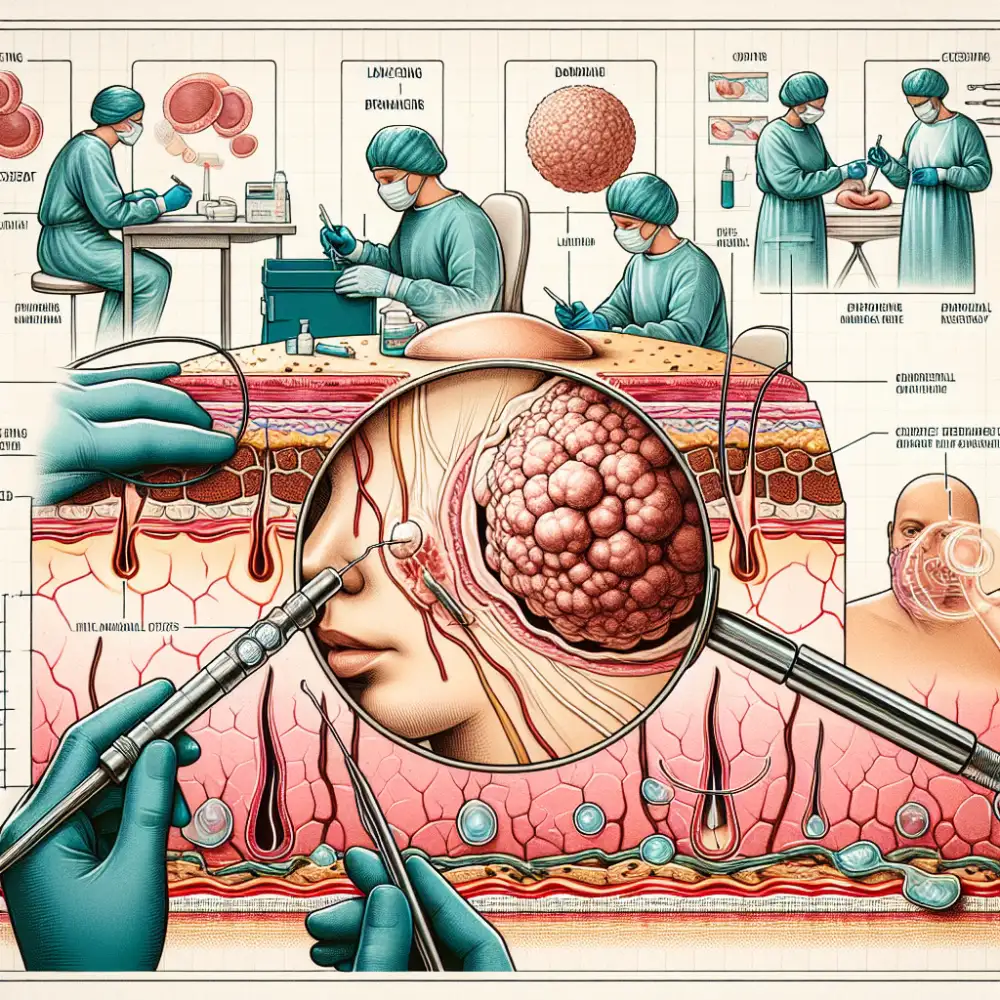
Gentle exfoliation: This can help prevent dead skin cells from clogging pores, which sometimes leads to cysts. Look for products with salicylic acid or glycolic acid.
Talk to your doctor: If you're prone to cysts or have one that's bothering you, don't hesitate to see a doctor. They can figure out what's going on and recommend the best course of action.
Healthier ways to satisfy curiosity
It's totally normal to be curious about the human body, and that includes those oddly satisfying—yet sometimes gross—cyst videos. But before you go down the rabbit hole of endless popping and squeezing, let's talk about healthier ways to satisfy that curiosity.
Think about what's really drawing you in. Is it the relief of seeing something "fixed"? Or maybe you're fascinated by the biology of it all. Whatever it is, there are other ways to get that same sense of satisfaction without the potential ick factor.
Dive into science documentaries: High-quality documentaries offer incredible footage of the human body and its processes in a way that's informative and visually stunning, minus the cringe.
Explore anatomy books and websites: Learn about the skin, its layers, and how things like cysts form. Knowledge can be just as satisfying as any video, and you'll gain a deeper understanding of your own body.
Try a puzzle or model building: The intricate details of a complex puzzle or a model, like a human anatomy kit, can scratch that same itch for detail and problem-solving that cyst videos provide.
Channel your curiosity into art: Express your fascination with the human body through drawing, painting, or sculpting. It's a creative outlet that allows you to explore these themes without the need for graphic content.
Remember, it's okay to have these curiosities. But by choosing alternative outlets, you can satisfy your interest in a way that's both mentally and emotionally healthier.
Published: 21. 06. 2024
Category: Food


